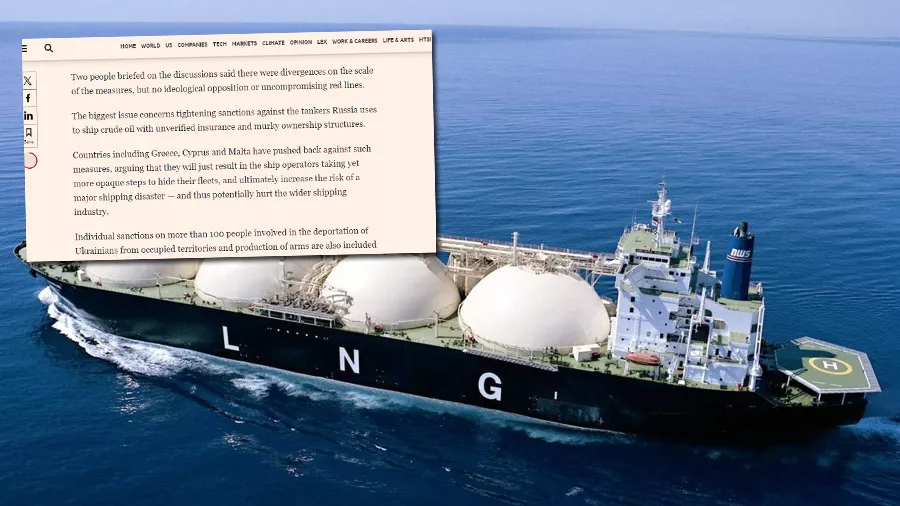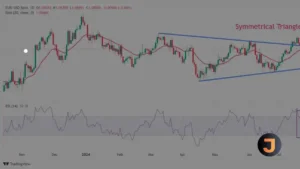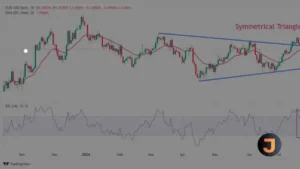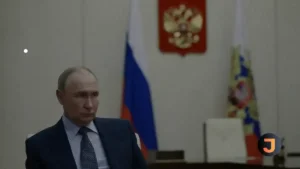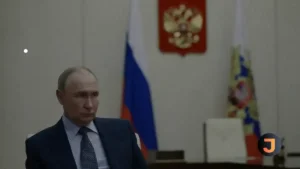The European Union’s 14th package of sanctions being considered against Russia following the invasion of Ukraine more than two years ago, has been met with skepticism by a number of member states, including Cyprus, according to converging international reports.
Since late February (23/2), when the EU imposed its 13th set of sanctions, the next list of restrictive measures has been drawn up. This new package is expected to be finalized in the next couple of weeks, while a new related draft was discussed last Wednesday.
Proposed Measures Stir Controversy
The proposed measures include a ban on exports of Russian liquified natural gas. However, countries in the European South with extensive activity in the shipping sector, do not view this approach in positive terms, namely Greece, Cyprus, and Malta. The Cypriot representative argued that this measure will backfire, a position backed by Athens and Valetta.
A report by the Financial Times Brussels correspondent indicates that “Greece, Cyprus, and Malta have opposed such measures, arguing that they would lead ship managers to use even more opaque methods to hide their fleets. This, according to the member states in question, will increase the risk of a major shipping disaster and damage the shipping industry more broadly.”
Elsewhere it is clarified that “the biggest issue concerns the tightening of sanctions against tankers used by Russia to transport crude oil with unverified insurance and opaque ownership structures.”
The report based on EU officials aware of the discussions has been quoted by many international publications as credible. The article also records however the specificity of the proposed measure, as “it will be the first time that the European Union officially targets Russia’s natural gas products.”
Diverging Opinions Across Europe
Beyond the European South however, a number of other countries are on the other side of the spectrum, describing the latest proposed energy sanctions as a step forward.
Cyprus is one of the countries with direct cost from Russian sanctions, as the administrative services sector took a heavy hit. It did however demonstrate a high degree of compliance with President Christodoulides taking specific action.
